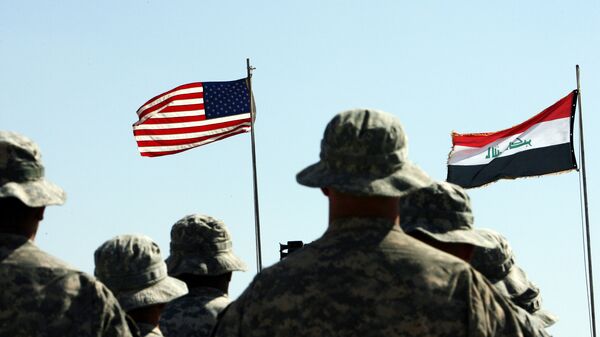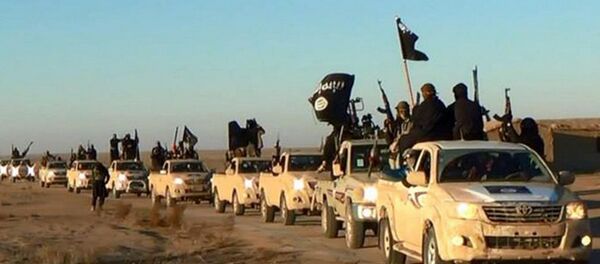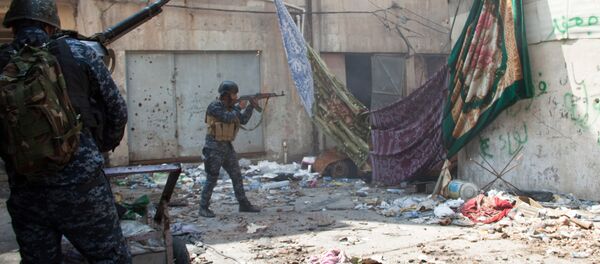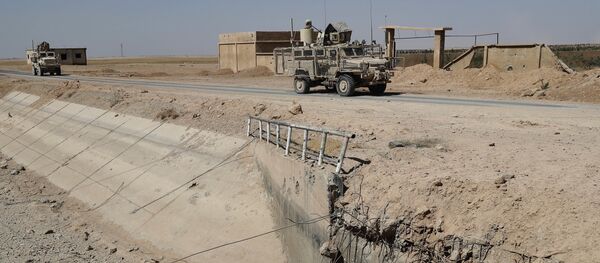Hawija, in the disputed and oil-rich Kirkuk Governorate (claimed by both Iraq and the autonomous region of Iraqi Kurdistan), has been under the control of Daesh for over three years. On September 21, Iraqi Prime Minister Haider al-Abadi ordered the Iraqi military to reclaim the city.
Iraqi forces, supported by both Iran and the US-led Joint Operations Command, fought their way to the city from either side, encircling it. Iraqi forces then entered the city itself on Wednesday and fought their way to the city center.
Iraqi Lt. Gen Abdul-Amir Yarallah, who commanded the operation as well as 2016's offensive to retake Daesh's de facto capital of Mosul in the north of the country, said that 98 villages had been liberated and over 550 militants had been killed. Baghdad has not released a casualty figure of their own.
"The army's 9th Armored Division, the Federal Police, the Emergency Response division and… Popular Mobilisation liberated Hawija," Yarallah said in a Thursday statement.
"The federal forces liberated the district of Hawija, the Hawija hospital as well as the Askari, Nidaa and Thawra neighbourhoods, and are in control of the centre of the province of Hawija in full," added Major General Raid Shaker Jawdat, the commander of Iraq's Federal Police contingent.
An estimated 150,000 people live in the city and surrounding district, but have suffered from famine and disease under the occupation — this despite Hawija being a major agricultural and economic center. The United Nations has expressed its distress about the operation as an estimated 78,000 people remain in Hawija and may have been caught up in the fighting.
"We remain concerned for the lives and well-being of these vulnerable civilians and remind those doing the fighting that civilians must be protected at all times and allowed to safely leave Hawija," said UN humanitarian spokesman Jens Laerke in a statement.
Before the offensive, Daesh was clustered in two parts of Iraq: an enclave around Hawija and the rural western section of the Anbar Governorate, which borders Syria in the west. After some mop-up operations, the former stronghold should collapse entirely.
The situation isn't much better for Daesh in western Anbar. Iraq began an offensive against them in mid-September, retaking the towns of Akashat and Anah in a matter of days. This leaves only two more settlements of import under the militants' control: the large town of Al-Qaim (an agricultural center) and Rama, both along the Euphrates River.
After a nine-month operation that left tens of thousands dead, the international coalition seized Daesh's Iraqi capital of Mosul following three years of occupation. The coalition victory there heralded the crumbling of Daesh's Iraqi holdings, and the loss of Hawija cements that.





